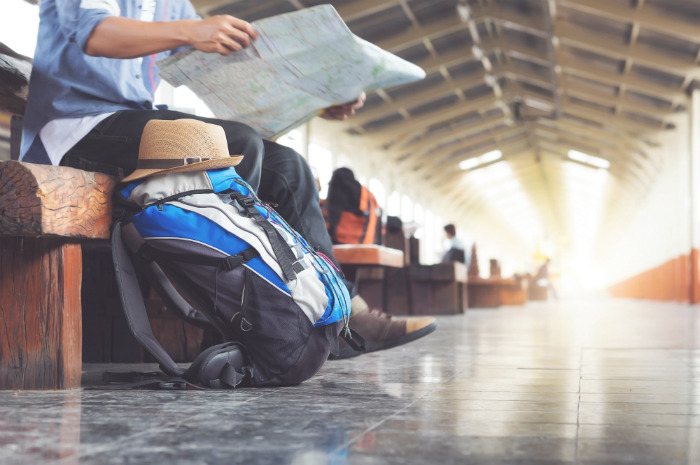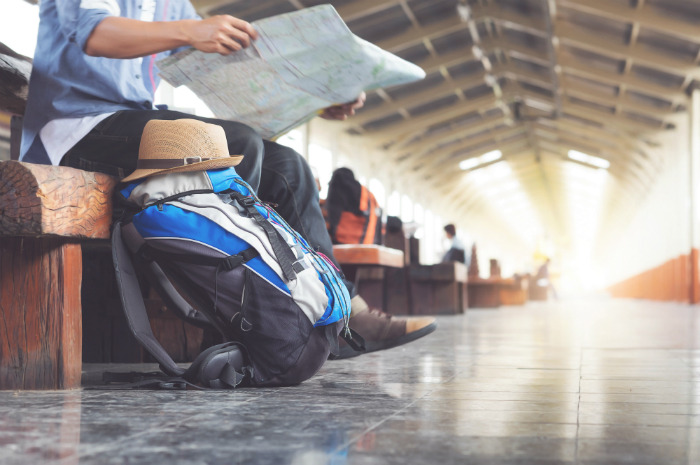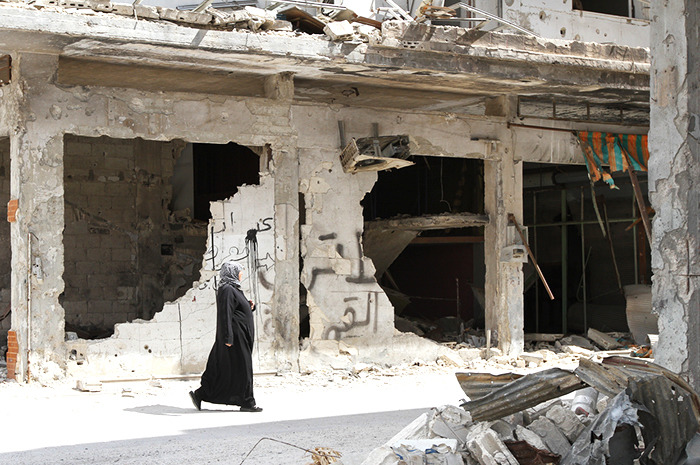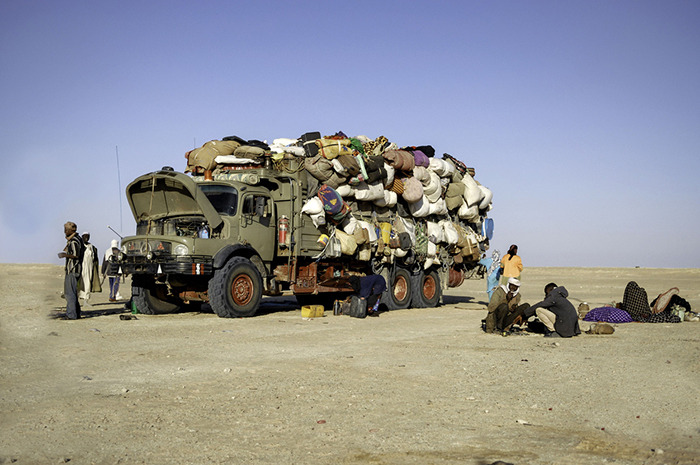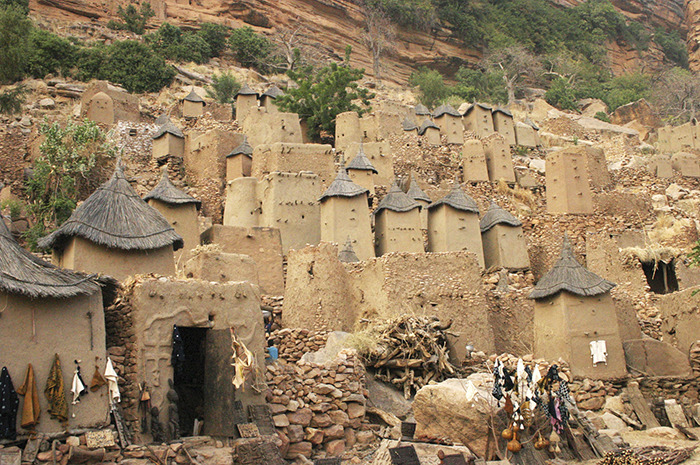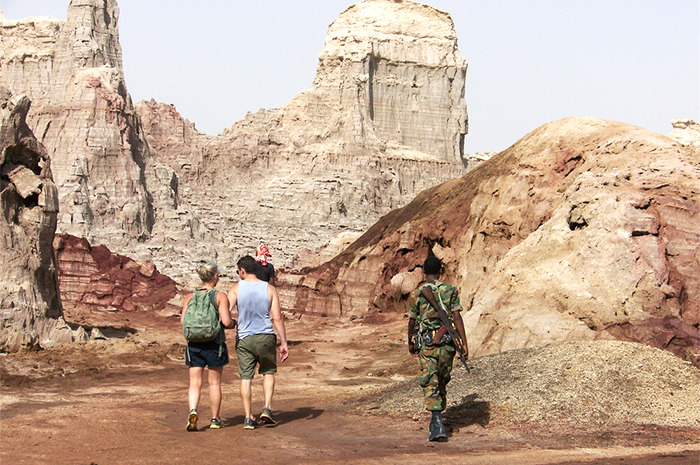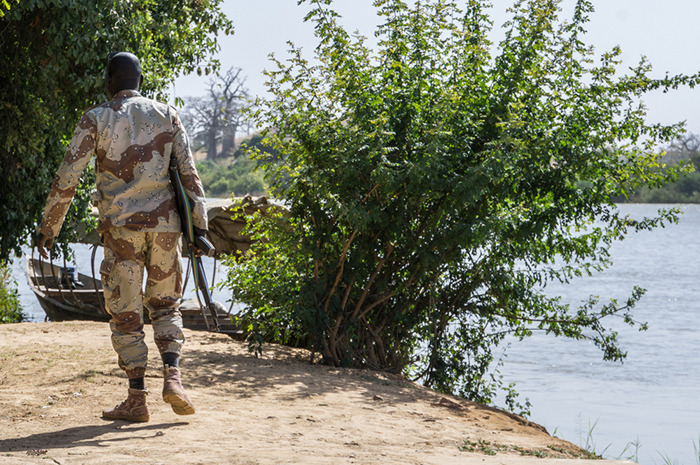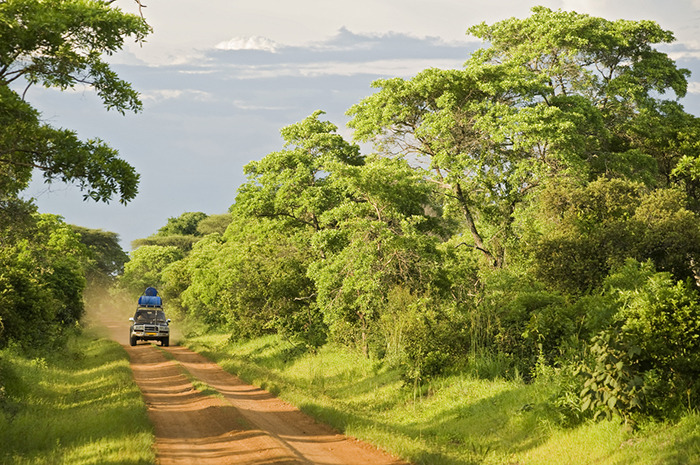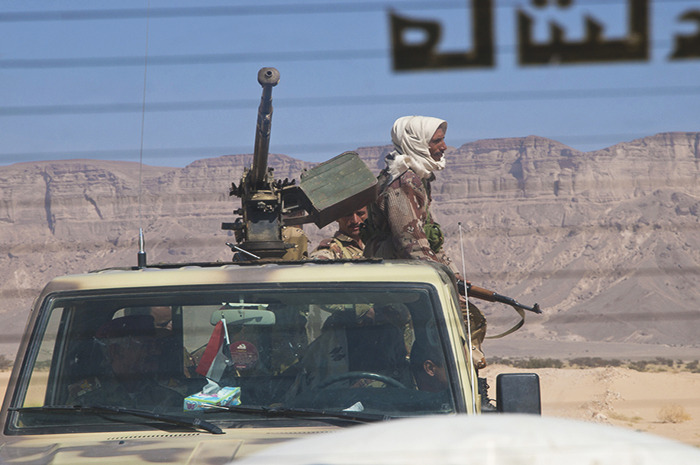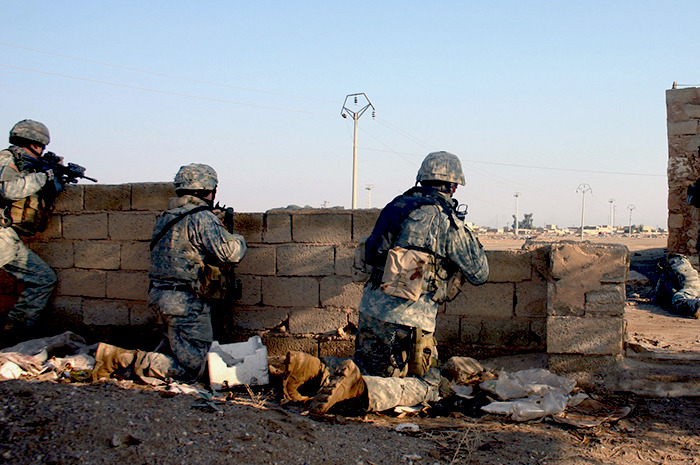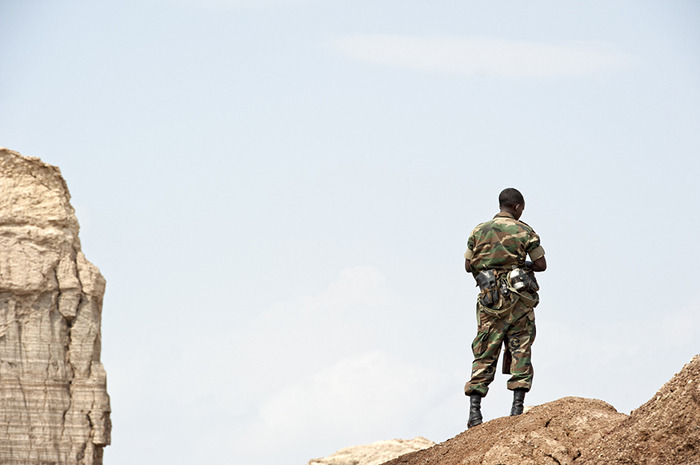The Most Dangerous Countries For Travelers
The Most Dangerous Countries for Travelers
Traveling is only thing you can buy that actually makes you richer. But it comes with a lot of risks. From dangerous airports to roads and theme parks, certain destinations boast thrilling adventure opportunities but hide precarious personal safety conditions. The following list, in no particular order, is based on travel alerts and warnings issued by the U.S. and British governments, data of actual deaths of American travelers, information from HealthGrove (a health visualization site by Graphiq that includes nations with worsening travel advisories), and the Global Peace Index.
Syria
Few would disagree that Syria is currently the most dangerous country in the world due to the civil war. Government forces and various rebel groups have ruined the infrastructure of big parts of the country and even residential areas with bombs. There is a serious risk for kidnapping, bombings, murder, and terrorism.
Afghanistan
Continued instability and threats by terrorist organizations stop people from going. There have been 23 travel warnings issued for the country. There is an ongoing risk of kidnapping, hostage taking, military combat operations, landmines, banditry, armed rivalry between political and tribal groups, direct and indirect fire, suicide bombings, and insurgent attacks.
Chad
If you decide to go, avoid all travel to the border regions and exercise extreme caution elsewhere in the country, according to the State Department. Violent extremist organizations in the region, such as Boko Haram and the Islamic State, can easily cross borders and target Westerners, local security forces, and civilians in the Lake Chad region. Kidnapping for ransom is also a threat. Minefields along the borders with Libya and Sudan are also a concern.
Mali
The State Department has warned against traveling to Mali because of ongoing terrorist attacks and criminal violence. The Federal Aviation Administration has advised American civil aviation to avoid flying below 26,000 feet over the airspace of the country. There have been incidents of armed banditry, car-jacking and kidnapping in northern Mali, according to the British government. "Bandits and smugglers are present along Mali's northern borders and pose a risk to travelers, especially after dark."
Ethiopia
Ethiopia has long lived in the shadows of neighboring Kenya even though it has as much to offer – glorious mountains, mysteries, food, and gelada baboons. It is an underrated adventure destination, but there is a high terrorism threat. Attacks could be indiscriminate including in places frequented by foreigners, the U.K. government says. Petty theft and mugging are common and on the rise.
North Korea
North Korea is mostly famous for being the most isolated dictatorship in the world. This is one of the reasons why it attracts foreigners. It is also a ski destination and a place you would never know had a dangerous active volcano. But the State Department strongly urges U.S. citizens to avoid all travel to North Korea due to the serious risk of arrest and long-term detention and unduly harsh sentences, including for actions that in the U.S. would not be considered crimes. The regime has detained tourists who traveled independently and those who were part of organized tours.
Libya
Libya, a place where your parents were probably not allowed to visit, is another country with tumultuous history. It has been subject to U.S. sanctions since the 1980s over its suspected terror links. In 1981 President Ronald Reagan invalidated the use of U.S. passports for travel to Libya. Even now the Department of State warns Americans against going there and recommends that U.S. citizens currently in the country leave immediately due to violence between militias.
Somalia
The British government advises against all travel to Somalia, including Somaliland. There is a high threat from terrorism, including kidnapping. Extremist groups have made threats against Westerners and those working for Western organizations. There is a constant threat of terrorist attack in Mogadishu, and terrorists continue to plan attacks against Westerners in the rest of the country, particularly in south-central Somalia.
South Sudan
Civil war is ravaging the country. Ongoing fighting, intercommunal violence, and violent crime have put South Sudan on the list of countries where the Department of State advises against all travel. Aid workers, including U.S. citizens, have been the targets of shootings, ambushes, violent assaults, harassment and robberies. Security is especially unstable in the region of Equatoria in the south.
Central African Republic
Security conditions are unstable throughout the country, especially outside Bangui, according to the Canadian government. There are armed patrols that have set up several roadblocks across the country. Reports of violence, looting, reprisal killings, and human rights abuses continue across the country.
Niger
Crime and the risk of kidnapping are very high. There is a threat of retaliatory attacks due to the country's participation in the French-led intervention in Mali and Niger's involvement in the regional fight to counter Boko Haram. If you have to travel to Niger, avoid border regions, including the Diffa region and particularly the Lake Chad basin area, according to the State Department.
Burundi
Political tensions, armed violence, and civil unrest are common. This is all due to the country's contested elections in August 2015, an attempted coup d'état, and debate over the president's eligibility for a third term. Gunfire and grenade attacks by armed groups occur regularly.
Lebanon
The security situation in the country is unpredictable at best. Threats of terrorism, armed clashes, kidnapping, and outbreaks of violence, especially near Lebanon's borders with Syria and Israel are recurring. There's a heightened risk of terrorism against aviation. Violent extremist groups operate in Lebanon, including U.S. government-designated terrorist organizations Hezbollah and ISIS.
Pakistan
All non-essential travel to Pakistan should be avoided. The country continues to experience significant terrorist violence, including sectarian attacks. The State Department has issued 25 travel warnings, more than for Iraq or Afghanistan. Pakistan tops the chart of the Top 25 countries by Americans killed per capita. Foreign and indigenous terrorist groups continue to pose a danger. Terrorists and criminal groups frequently kidnap civilians for ransom.
Yemen
The British government advises against all travel to Yemen. This includes the mainland and all islands, even Socotra Island, one of the most secluded adventure destinations in the world. The U.S. has issued a warning against traveling to Yemen because of the high security threat level posed by the ongoing conflict and terrorist activities. Riots are almost an everyday occurrence, significantly increasing the likelihood of you being at the wrong place at the wrong time.
Israel
G Adventures' sales of trips to Israel have doubled in the past year, and those from the U.S. are on track to quadruple for 2017, perhaps encouraged by the country's internationally renowned security. Still, the State Department has issued 25 warning against traveling in the area, especially to or near the Gaza Strip. The security situation remains complex and tricky. It can change quickly depending on the political environment and recent events.
Iraq
Iraq is also on the list of countries that are most dangerous for drivers. In February the American Embassy issued a travel advice warning of a threat to Western hotels in Baghdad. People are advised to avoid political gatherings and large crowds, and to minimize their movement around banks, restaurants, and shopping malls.
Colombia
Colombia was not on people's travel radars until recently. The country boasts many diverse landscapes and cultures that tourists would be hard pressed to find anywhere else in the world. But Colombia is the 17th most dangerous county in the world, according to GPI, though it is also in the top when it comes to popular cruise destinations. The South American nation has long had a reputation for high crime rates. Bribery, extortion, drug trafficking, and theft are some of the biggest concerns for tourists. Insurgent groups are known to set up roadblocks to rob and kidnap travelers.
Eritrea
It is especially dangerous to be near Eritrea's border with Ethiopia. Tensions between the two countries are high. The Southern Red Sea Region is also unsafe due to the large numbers of Eritrean and Ethiopian troops along the contested border area. In June 2016, fighting in this region resulted in numerous deaths. Tensions are high in the Eritrea-Djibouti border region as well.
Democratic Republic of Congo
The second largest country in Africa by area is often troubled. The eastern part of the country is well known for warlords, rebel groups and mineral conflicts. Armed groups, bandits, and some elements of the Congolese armed forces operate in the provinces of North and South Kivu, Bas-Uele, Haut-Uele, Ituri, Tanganyika and Haut-Lomami, making them especially dangerous, according to the State Department.
